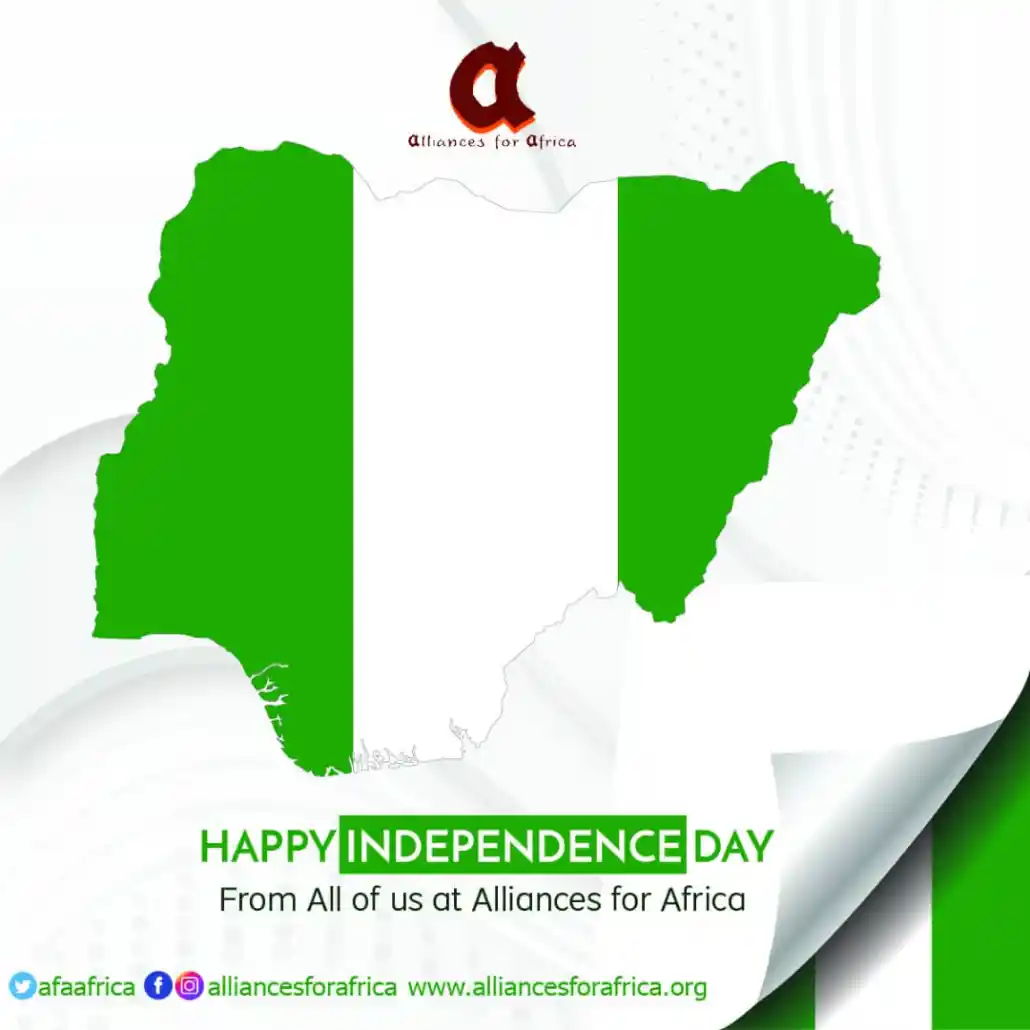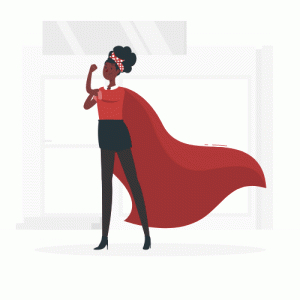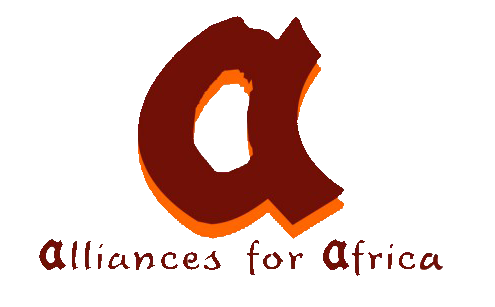FOR IMMEDIATE PRESS RELEASE Celebrating Nigeria at 63 through a Feminist Lens: Advocating the Domestication of the Maputo Protocol.
/0 Comments/in News and Events/by Rejoice
Dear Advocates, Supporters, and Fellow Change-makers,
As Nigeria marks its 63rd year of independence, we view this milestone through a feminist lens, acknowledging both the progress made and the journey ahead in the pursuit of gender equality and the protection of women’s rights.
On this historic day, we pay tribute to the courageous women and girls of Nigeria, both past and present, who have fearlessly challenged stereotypes, broken barriers, and advocated for a more inclusive and equitable society. Their resilience and determination have enriched our nation’s tapestry and propelled our collective movement towards a fair and just society.
Yet, we recognize that our journey is far from complete. Gender-based disparities persist, depriving countless women and girls of the opportunities and freedoms they rightfully deserve.
On this occasion of Nigeria’s 63rd independence, we ask a crucial question: Have women and girls truly experienced the impact of socio-political and economic independence in Nigeria? Are women and girls genuinely independent in Nigeria?
In politics, Nigeria has continued to experience low participation of women in both elective and appointive positions. This under representation of women in political participation is deeply rooted in the patriarchal practices ingrained in our society, evident from pre-colonial times to the present day. So we must ask, what has fundamentally changed?
Presently, women’s representation in Nigeria’s parliament remains among the lowest in the world. The national average for women’s participation in elective and appointive positions hovers around six percent, falling below the West African sub-regional average of 15 percent. Nigeria ranks 32nd out of 35 sub-Saharan countries concerning women’s representation in politics. Compared to several other nations, the journey towards better female representation at both state and national levels in Nigeria remains a long one. Data from the Inter-Parliamentary Union reveals that the global average of women in national parliament stands at 26 percent. Within Africa’s 54 countries, Nigeria holds the lowest position, ranking 54th with a mere 5.45 percent female representation, while Rwanda stands as the leader with 47.95 percent.
In Imo state, Nigeria, the data is disheartening. How can only 27 men with zero female representation in the Imo state 10th assembly sit to decide on matters concerning more than 3 million women and girls in the state? Does this not constitute a major setback in the course of genuinely advancing the cause of women and girls in the State?
Little wonder violence against women and girls is on an astronomical increase in various parts of the nation, given that positions of authority, where women who would understand and empathize with their fellow women and girls are often occupied by individuals who do not have a clear understanding of their struggles, making it challenging to advocate for and implement policies and laws that would enhance their lives.
We stand unwavering in our commitment to dismantle these barriers and ensure that the principles of feminism, gender equality, and the protection of women and girls are deeply ingrained in the foundation of our beloved Nigeria’s future.
Let us envision a Nigeria where women and girls are not just beneficiaries of change but powerful agents driving that change. A Nigeria where all forms of oppression against women and girls and people with disabilities are eradicated, and intersectionality is not just a buzzword but a cornerstone of governance.
We passionately call upon all to unite in this cause, to amplify the voices of women and girls, to challenge discriminatory norms, and to fervently advocate for the urgent domestication of the Maputo Protocol. The protocol, once implemented in Nigeria, will serve as a crucial legal instrument to protect and empower women and girls, ensuring their rights are upheld and respected.
Together, we can sculpt a Nigeria where equality, justice, and the protection of women and girls are not just aspirations but fundamental cornerstones of our society. Let us collaborate, learn from each other, and work towards a world where every woman and girl’s potential is not just acknowledged but revered and celebrated.
Happy Independence Day, Nigeria!
In solidarity,
Alliances for Africa





Leave a Reply
Want to join the discussion?Feel free to contribute!